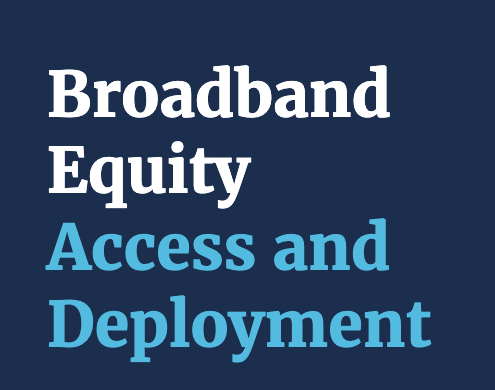Posts
IPv4 Transfer Requests Outpace Previous Year – November
IPv4 BlogAfter fluctuations, the IPv4 Market has exhibited price and demand stability since January 2023, increasing confidence for a strong 2024. The number of IPv4 Transfer Requests has also increased year-to-date, promoting informed market decision-making.
Signs of a Stable & Healthy IPv4 Market – October 2023
IPv4 BlogA healthy market, whether it's a financial market, real estate market, or any other type of market, is characterized by certain signs and conditions that indicate stability, efficiency, and fairness. The IPv4 market began in response to the exhaustion of a rare technology and a surge in client demand in 2015.
IPv4 Transfer Market Stability – August 2023
IPv4 BlogEven in uncertain times, the IPv4 address market continues on a steady path of recovery. After approximately 18 months of demand decreasing and significant price drops, there is now a glimmer of hope on the horizon. Perhaps, sentiment regarding inflation and heightened interest rates are affecting the market as we near the new year; with anticipation of positive news and more stability.

$42 Billion Broadband Equity Access & Deployment Program
IPv4 BlogIn a world where connectivity is no longer a luxury but a necessity, the digital divide remains a stark reality for many communities. The emergence of the Broadband Equity Access and Deployment (BEAD) program, a groundbreaking initiative with a budget of $42.45 Billion, promises to reshape the landscape of internet accessibility, economic empowerment, and educational advancement for underserved areas across the nation.
IPv4 Address Market Heating Back Up – July 2023
IPv4 BlogThe theme of today’s blog is…. let the good times keep rolling. The IP market is heating up and we are finally beginning to see a very positive trend in IPv4 address demand. The new baseline has changed over the past 4 months and is close to the consistency we have seen in the past when IPv4 prices were constantly on the rise.

Pros and Cons Between IPv4 and IPv6 Addresses
Knowledge HubIn the world of technology, connectivity has always been an essential aspect of daily life and business operations. Over the past decade, internet usage has skyrocketed, and with the increasing demand for data, IPv4 addresses, and their limitations have become a challenge. IPv6 was introduced as a potential solution, but is it ready to replace the aging IP standard protocol or are there better alternatives?
Are the Bulls Coming in the IPv4 Market? – June 2023
IPv4 BlogAfter what seems to have been the longest bear market in IPv4 History, we are starting to see signs of life again. Aside from February of this year, 2023 has shown positive IPv4 demand trends with no signs of extreme volatility. Most noticeably, the last 3 months have demonstrated a much more stable demand trend. Let’s dive into demand trends and then determine how it will affect the remainder of 2023.
IPv4 Request Volatility Takes a Positive Turn – May 2023
IPv4 BlogOnce again, the IPv4 demand seems to be following the roller coaster pattern going up and down every month. However, the delta of the demand decrease in April seems to be showing a positive sign as compared the previous dips over the last 6 – 9 months.
IPv4 Demand Rebounds – April 2023
IPv4 BlogThe IPv4 transfer marketplace twists and turns continue to pave the way for what might be an unpredictable year. The last 12 to 15 months have demonstrated a whirlwind of changes, in what was an otherwise a predicable asset class for over 5 years prior. As we look to the future, we can only hope to expect more predictability we had grown accustomed to from the inception of the IPv4 market.
Market Volatility Driving IPv4 Prices Down – October 2022
IPv4 BlogThe six years leading into 2022 have painted a picture of a continuous bull market in the IPv4 industry. Prices for IPv4 address blocks had an average increase of around 25% every year due to limited availability and increased demand. However, this year has proven that even the IPv4 market can’t always be resilient to economic conditions.